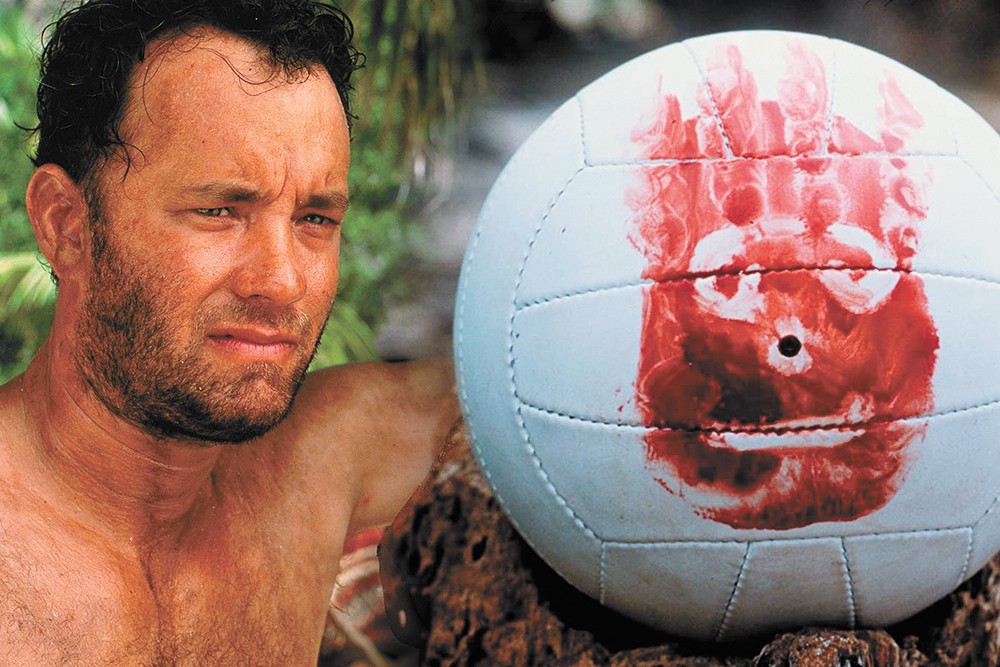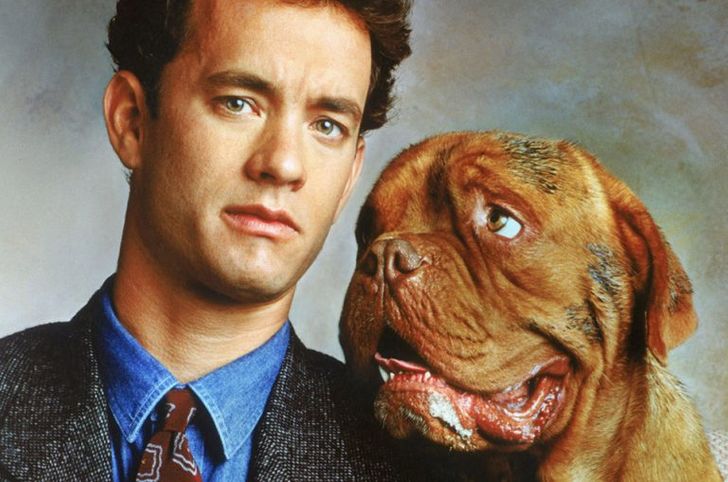The general sentiment behind what he said (rather than the specifics of what he said) is pretty reasonable and well-intentioned, I think, even thought it sounds a tad divisive at face value. Obviously, actors should be able to understand and empathize with the mostly fictitious characters they play; and technically, portray any one they're asked to while believably becoming someone else. And, their sexuality is no one's business unless they themselves want to publicly share the information — that goes without saying. But if a certain character is part of a traditionally under-represented or mis-represented or caricaturized or tokenized group or sub-culture,
maybe the casting directors should have the sensibility to first and foremost look for actors from specific backgrounds as...
- They might have had limited options in the industry, statistically, and you might be giving them a big breakthrough.
- They could bring more to the table in terms of authentic lived experience — which might make a difference.
- The core audience might feel more connected to their work because they feel personally represented in an abstract sense.
The “gay guys should no longer be accepting straight roles” argument invokes a false sense of equivalency and mostly rings hollow because straight actors (on the whole) weren't pushed to the fringes or systematically barricaded in cinema and society at large for an unfortunately long period of time — and even though progress has been made, more could and should be done to further level the playing field (including greater involvement in story-writing and development by marginalized or proportionally underrepresented voices).




 I think I'm just typing for the sake of it
I think I'm just typing for the sake of it